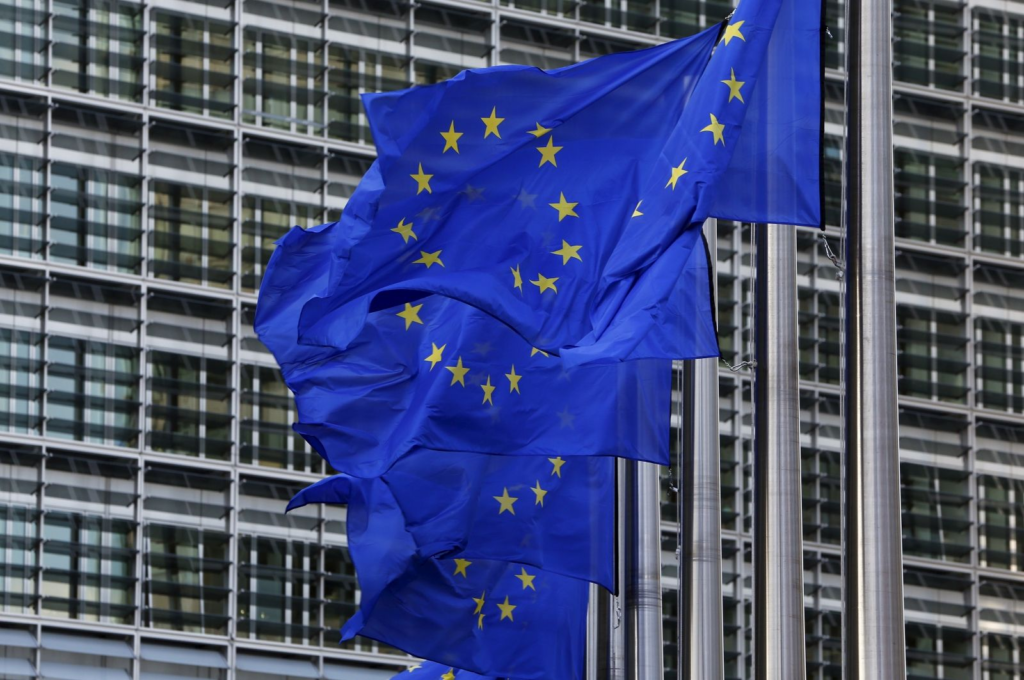The European Union has reached a provisional agreement to reform the bloc’s carbon market, reducing global warming emissions more quickly and imposing new CO2 costs on fuels used in road transport and buildings beginning in 2027.
The EU carbon market requires approximately 10,000 power plants and factories to purchase CO2 permits when they pollute – a system critical to the EU’s goal of cutting net emissions by 55% by 2030 compared to 1990 levels.
The EU carbon market will be reformed to reduce emissions by 62% from 2005 levels by 2030, according to the agreement reached by negotiators from EU countries and the European Parliament.
The plan calls for removing 90 million CO2 permits from the system in 2024, 27 million in 2026 and lowering the rate at which the system’s CO2 permit cap falls by 4.3% from 2024 to 2027 and 4.4% from 2028 to 2030.
The EU will phase out the free CO2 permits it currently provides industries to protect them from foreign competition between 2026 and 2034. These permits will be phased out as the EU implements a carbon border tariff to prevent domestic firms from being undercut by foreign competitors.
The Council and Parliament agreed to include emissions from maritime shipping in the scope of the carbon market. In addition, they decided to phase in obligations for shipping companies to surrender allowances: 40% for verified emissions beginning in 2024, 70% in 2025, and 100% in 2026.
In addition, the EU agreed to establish a new carbon market covering suppliers of CO2-emitting fuels used in automobiles and buildings in 2027.
The Innovation Fund allowance will be increased from €450 million to €575 million. The Modernisation Fund will be expanded by auctioning an additional 2.5% of allowances to support EU countries with GDP per capita significantly lower than the bloc’s average.
The Council and Parliament agreed to create a Social Climate Fund to help vulnerable households, micro-enterprises, and transportation users cope with the price impacts of an emissions trading system for buildings and road transport and fuels for other sectors.
The European Parliament and Council must still formally approve the provisional agreement.
